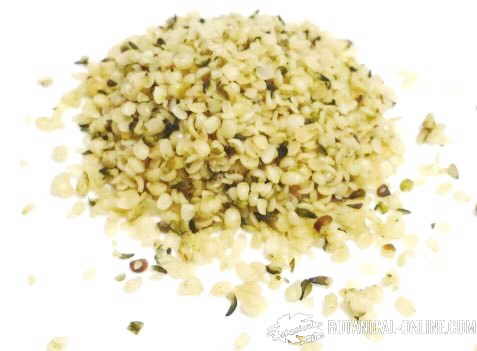Contents
Diseases associated to gout attacks
Hyperuricemia or high levels of uric acid in the blood can also appear due to illness. Among the different pathologies in which this affectation can be related, are:
High cholesterol and uric acid
- High cholesterol and triglycerides (dyslipidemia): Foods that are rich in purines are also usually rich in cholesterol, as is the case with cheeses, sausages, pâtés, red meat, fish, cream and fatty dairy products, etc. If excess uric acid is due to diet, you may be overweight or obese (not in all cases), poor circulation, problems with high bad cholesterol, low good cholesterol, etc.
Cardiovascular disease and uric acid
Increased uric acid is a risk factor for cardiovascular diseases, such as hypertension, tachycardia, etc.
Diabetes and uric acid
Diabetes is related to uric acid. When a person has insulin resistance, urate reabsorption increases and its concentration in the blood increases. Insulin resistance is when our body cannot use glucose correctly to generate energy. It accumulates in the blood and the levels of both are unbalanced (hyperglycemia and hyperinsulinemia appear), a disease called type II diabetes mellitus or adult onset diabetes.
A side effect of blood hyperglycemia and imbalance in a patient with poorly controlled diabetes is the formation of ketone bodies or also called ketosis. These substances that also acidify the blood, are formed when our body uses fat to produce the necessary energy that is required for the survival of our organism.
This system is also activated when we carry out diets to lose weight, where the energy contribution is insufficient. The problem arises when you are overweight or obese together with a accumulation of uric acid and it is advisable to lose weight.
It is necessary that the uric acid levels in the blood stabilize first, before trying to lose weight. Once these are stable, you can start a weight loss diet, but it is necessary to do it together with food to basify our body.
Kidney disease and uric acid
- Kidney diseases: High uric acid in the blood can be a consequence of kidney diseases, such as acute or chronic kidney failure. This can also happen as a result of chemotherapy treatment. These involve an alteration of the function of the kidneys and the elimination of minor diseases of the toxins through the kidneys. Therefore, excess uric acid cannot be eliminated in order to maintain normal levels of uric acid in the blood.
People with a tendency to uric acid accumulation can lead to the formation of kidney stones. Not drinking enough water, or having high water losses (excessive sweating, intense physical exercise, etc.), together with a diet that is too acidic, can lead to an increase in uric acid levels.
The failure of the kidney functions to eliminate toxins can also be a secondary cause of some medications, such as: antiretrovirals, diuretics, laxatives, antituberculous drugs, etc.
- Infectious diseases: Uric acid levels can increase when contracting a viral disease such as infectious mononucleosis, also known as kissing disease. This virus is in the same family as the herpes simplex virus.
- Psoriasis: Uric acid levels can be increased by psoriasis, an autoimmune disease whose regeneration process of skin cell tissue is greatly increased. In the last two cases, the proliferation and rapid cell multiplication affects and aggravates the level of acidosis in our body. The following guidelines or diet for psoriasis is recommended in these cases.
- Cancer: An increase in uric acid can in some cases be the consequence of a malignant tumor or cancer. It can appear, for example, due to the destruction of different blood cells, as in myeloma, leukemia and lymphoma cancers, where cells such as leukocytes are affected and altered.
- Other causes: A state of hyperthyroidism or chronic intoxication by heavy metals, such as lead accumulation, can be indirect causes of a accumulation of uric acid and therefore, the appearance of hyperuricemia.
![]() More information on uric acid
More information on uric acid








